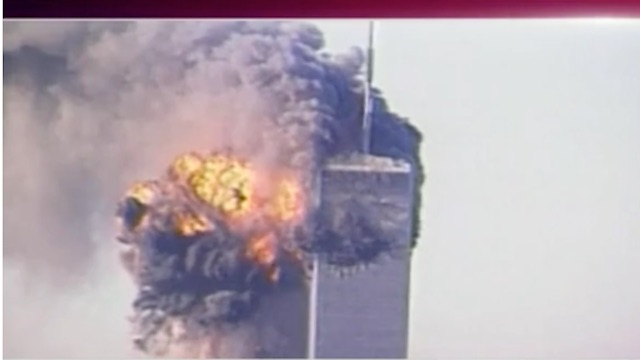On Sep 28, 2016, in an overwhelming majority of 97-1, out of 100 senators, the US Senate has rejected the veto by President Obama. Hours later, the US House of Congress confirmed the vote by 348-77. With the Senate and House votes, families of those killed in the terror attacks on 9/11 are now legally allowed to sue Saoudi Arabia.
The vote is a major step and may se a precedent. For one, this is the first time, during his two terms, that a veto by President Obama is overturned.
The votes were overwhelmingly supported by both Democrats and Republics in both chambers.
The feeling was well summarize by Democratic Sen. Chris Coons of Delaware, when he said that "Asking us to stand between 9/11 families and their day in court is asking a lot." He was reacting to a statement by White House spokesperson Josh Earnest who had said earlier that the Senatate's override was the "single most embarrassing thing the Senate has done since 1983," when the Senate did the same with such a huge margin.
The bill, known as Justice for State Sponsors of Terrorism Act (JASTA), will allow suits in American courts and judicial systems against foreign states or state officials accused of sponsoring terrorist attacks inside the US.
President Obama and those against JATA had argued that the legislation would undermine the US security and interests abroad and could open lawsuits against the US government and the military service members and diplomats for actions conducted abroad.
However, those backing JATA would like it to go even further. For example, they would like JATA to target foreign governments and government officials responsible for acts targeting American citizens and their relatives and families.
It is in that sens that Senator John Corning of Texas asked: "How can anyone look at the families in the eye and tell them that they shouldn't have teh opportunity to seek justice against a foreign government responsible for teh death of their loved one?"
There are already precedents against some states, and it may be expected that other cases would follow. JATA will, for example, amend a 1976 law that grants broad immunity from American lawsuits to other countries, except those on the State Department's list of state sponsors of terrorism or those that have allegedly committed a terrorist act that killed Americans on United States soil. Currently, states targeted by US legislations include Iran, Sudan, and Syria.
Another precedent is two assassinaton cases in which legal claims were allowed in US courts against Chile and Taiwan for assassinations on US soil by agents suspected to be linked to these governments.
Expanding JATA further may have worldwide implications on how states and officials treat US citizens and other foreign nationals and their relatives. For example, African dictators have been accused of assassinating US citizens or their relatives both in their countries and abroad. Will JATA be further amended to allow the US citizens to sue such dictators in US courts, especially when they and their associates travel to the US or to assert legal claims against the assets owned by the dictators and their families. So far, attempts to sue the dictators were hampered by immunity privileges granted by the US Government. The enactment of JATA, followed by its expansion, may open the doors to such possibilities.
















